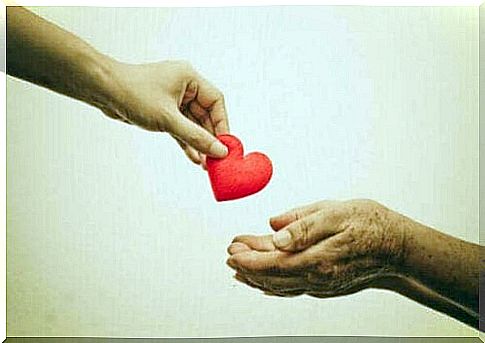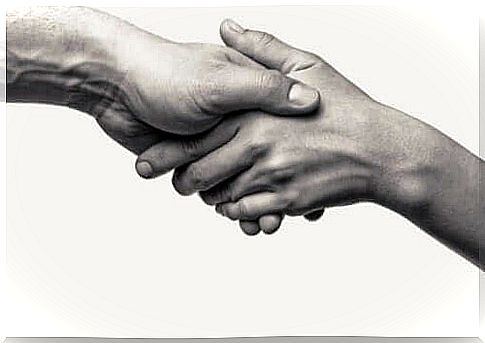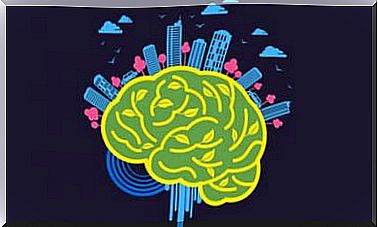Prosocial Behaviour: Do You Help Out Of Empathy Or Fear?

Showing prosocial behavior (e.g. helping a family member, friend, or stranger on the street) can make you feel altruistic and nice. By giving a hand to someone in need, you can believe that you are a good person with high values and morals.
However, it’s just as normal to feel selfish if you refuse to help. Have you ever considered that this helping behavior may not exactly be a selfless act?
Have you ever considered the hidden motivations behind your desire to help and be generous to others? Are you sure this is always due to emotions of understanding and empathy?
What if the desire to contribute to the well-being of another is not the reason for your solidarity? Certain studies examining these approaches have led to interesting conclusions.
Do you help out of empathy or fear?
For decades, researchers have been studying people’s prosocial behavior. Why do people help others? Is everyone born with this predisposition or is it cultural knowledge? Numerous authors have debated these and other questions.
Let’s look at this with an example. It has been proven that, at the brain level, when you see another person suffer, your brain activates the same neural networks involved in their pain processing.
In short, it is true that most people are able to some degree to experience the pain of others as their own. Maybe you are one of them too.

But what exactly do you feel in such situations? The hypothesis that seems to have the most empirical support is the hypothesis that you can react in two different ways when you see someone in distress.
First, you may react with fear, disgust, concern, or disgust. On the other hand, you can experience compassion and understanding. You can feel really moved.
Depending on various factors, one feeling will rise above the other. First, it depends on the concrete context of the individual’s suffering.
Second, it depends on the personal attitude of the observer. Faced with the same event , people can have different reactions. Yet the same individual may react differently to two different situations.
What is your motivation?
Whether the situation causes you fear or compassion, you will more than likely help someone in need. However, your motivation may be different in each case.
In essence, people tend to have a selfish pattern of behavior when they experience commotion, disgust or concern. In other words, they help others relieve the discomfort caused to them by seeing others in need.
If they feel touched, on the other hand, they will act from a truly altruistic motivation. They will be focused on the suffering of the other rather than their own.
University students conducted studies that allowed them to discover this reality. In these studies, they found that the type of help pattern depended on the feelings experienced. Essentially, those who felt compassion acted with the aim of reducing the need for the other.
You can’t just pick the type of response that will trigger on you. For that reason it is not possible to claim that one of the groups is more or less supportive on a moral level than the other.
In addition, an interesting fact occurred in one of the studies. When helping came at a high personal cost, those who tended to feel genuine empathy showed a selfish pattern of behavior. It seems that the fact that there was a personal sacrifice nullified the initial altruistic impulse.

Is everyone displaying prosocial behavior?
These findings increase the ever-existing ambiguity regarding the extent to which humans are truly caring, altruistic, and generous. You probably already knew that helping is rewarding on many occasions. However, now you know that it also helps to prevent your own discomfort.
As you can see, the feelings of the helper determine his course of action. So is it possible to affirm that it is the concern for the other that really moves him?
Anyway, and whatever the latent motivation may be, prosocial behavior is beneficial. Helping those around you will certainly increase the sense of well-being. It is also important to continue to promote this behavior to create a more satisfying social coexistence.









